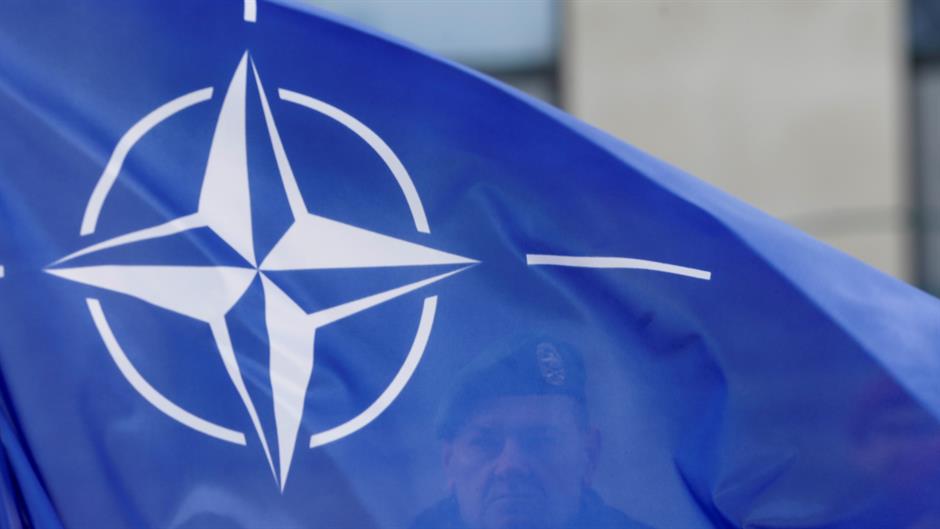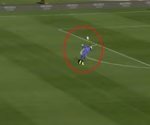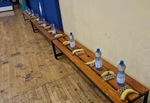
Activation of the Membership Action Plan (MAP) is one of the biggest steps Bosnia and Herzegovina has made on the road to the NATO, head of Bosnia's government Denis Zvizdic said on Wednesday, stressing that this was a strong incentive for further reform processes in the country.
“As of now, we will not be only dealing with the issues of defence and security, but will seriously deal with many other areas in the sphere of politics, economy and rule of law,” said Zvizdic.
NATO foreign ministers decided on Wednesday they would accept the country's first national annual programme, which practically means the MAP activation, a step forward in Bosnia's relationship with the alliance.
The plan's activation, Zvizdic said, is a matter of stability, which leads to security, new investments and economic prosperity.
Bosnia Presidency member, Sefik Dzaferovic, assessed the NATO ministers' decision as a “significant step forward” in the process of the country's integration into the NATO.
“I expect the institutions of Bosnia and Herzegovina to immediately take all necessary measures in cooperation with the NATO on starting the implementation of the first annual national programme,” he said.
While there is a full consensus of political actors and authorities at all levels on the country's path to the European Union, Bosnian Serb leadership strongly objects the NATO membership pursuant to a document on military neutrality which entity parliament of Republika Srpska (RS), Bosnia's Serb-dominated part, adopted in 2017 and the policy that neighbouring Serbia practices in the relations with the alliance.
Former Bosnia's representative to the NATO, Alija Kozljak, argued that political obstacles could pose a problem in the drafting of the national document that the alliance expects Bosnia will send.
“Serbia is not a NATO aspiring country but it is its partner. Serbia's cooperation with the NATO is huge and I witnessed it on daily basis during my term in office,” Kozljak said, expressing hope that Bosnia's integration into the NATO will not be hindered in the upcoming period.
Nermin Niksic, a social-democrat leader, noted that Bosnia's Euro-Atlantic path had no alternative and it was in the interest of all citizens.
He warned there were “political forces” in Bosnia who did not support the NATO membership, not specifying to whom he referred, but added that this matter should be solved on the grounds of talks backed with arguments.
“Stability and peace are the greatest values we should preserve and exactly the NATO membership is the strongest guarantee in the world of today that we will succeed in that,” added Niksic.
Bosnian Croat leader, Dragan Covic, also welcomed the decision NATO ministers endorsed at the Wednesday meeting. He said this was a truly positive integration step for Bosnia and Herzegovina.
Kakvo je tvoje mišljenje o ovome?
Učestvuj u diskusiji ili pročitaj komentare





 Srbija
Srbija
 Hrvatska
Hrvatska
 Slovenija
Slovenija



























































